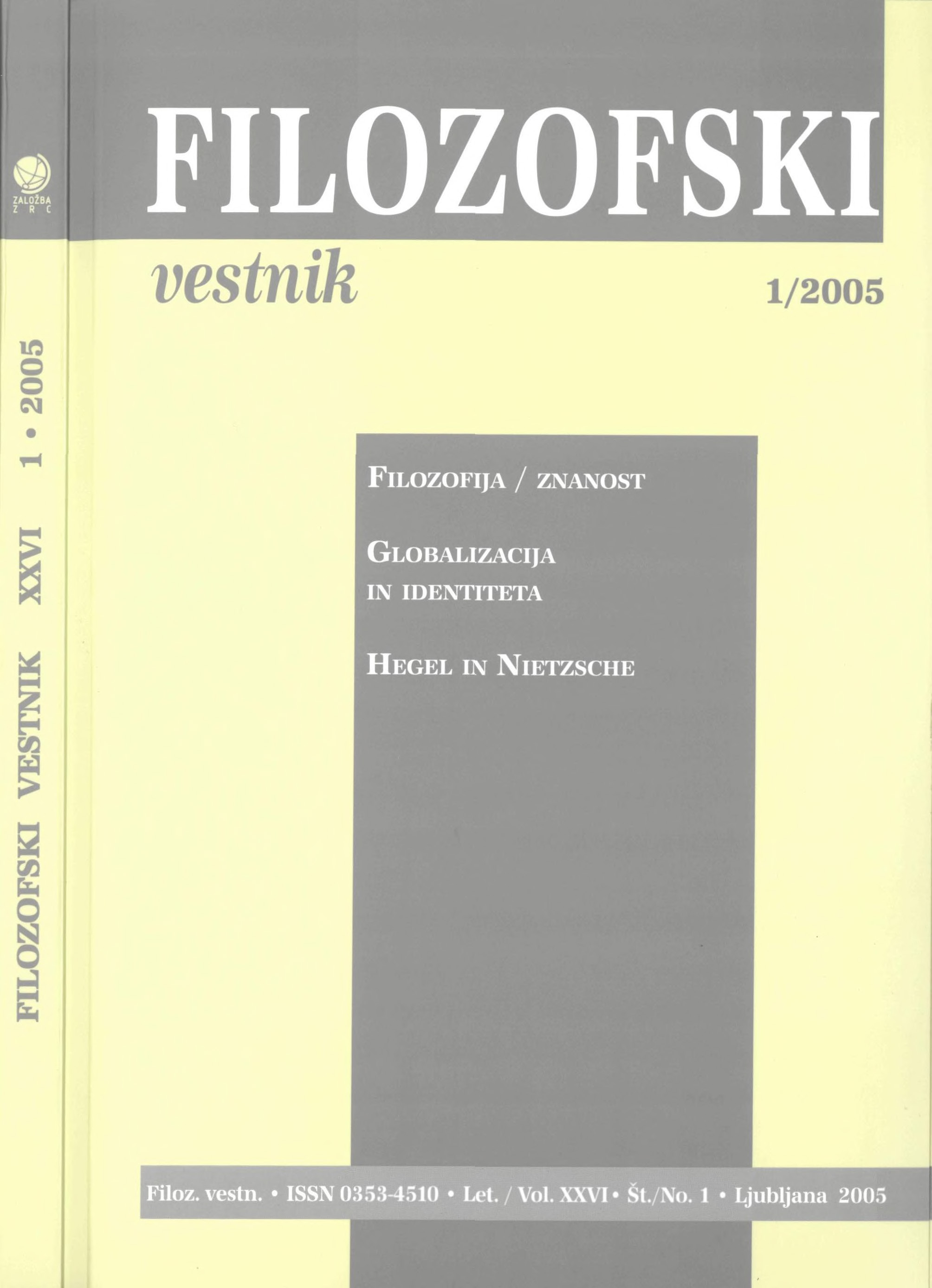Dieu fainéant? God and bodies in Descartes, Malebranche, and Leibniz
Keywords:
early modern philosophy, causation, creation, God, bodiesAbstract
Conservation, concurrence with secondary causes, and occasionalism are the three attitudes that God can have towards the created universe in early modern philosophy. The aim of our article is to show how and in what forms these three originally mediaeval theories survived the seventeenth century in Descartes, Malebranche, and Leibniz. We try to show that although it cannot always be unequivocally determined which of the three doctrines each of the thinkers is indebted to, Descartes should be interpreted as a concurrentist, Malebranche as an occasionalist, and Leibniz can be read as a mere conservationist. The conservation of substances in existence being nothing but continual creation, we claim against Alexandre Koyré that Leibniz’s God can be called neither Dieu fainéant nor God of the Sabbath day.Downloads
Download data is not yet available.
Downloads
Published
2016-03-04
How to Cite
Kroupa, G. (2016). Dieu fainéant? God and bodies in Descartes, Malebranche, and Leibniz. Filozofski Vestnik, 26(1). Retrieved from https://ojs.zrc-sazu.si/filozofski-vestnik/article/view/4332
Issue
Section
Philosophy/Science
License
Authors guarantee that the work is their own original creation and does not infringe any statutory or common-law copyright or any proprietary right of any third party. In case of claims by third parties, authors commit their self to defend the interests of the publisher, and shall cover any potential costs.
More in: Submission chapter





